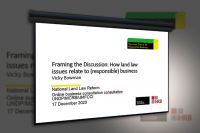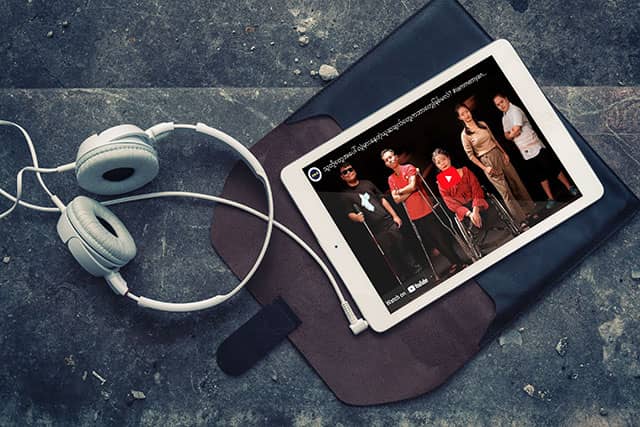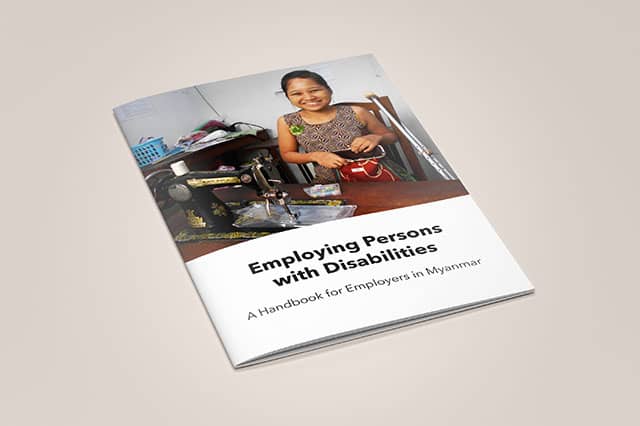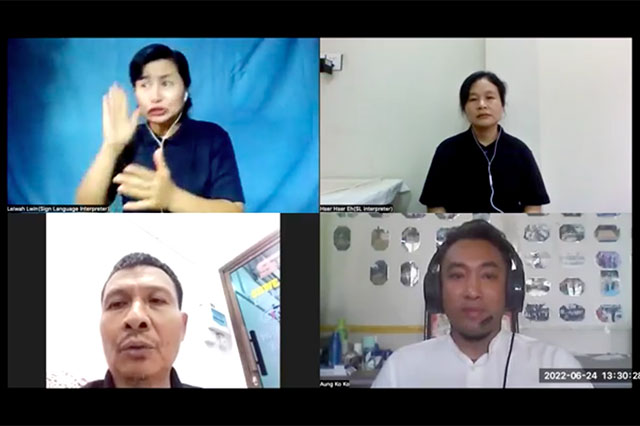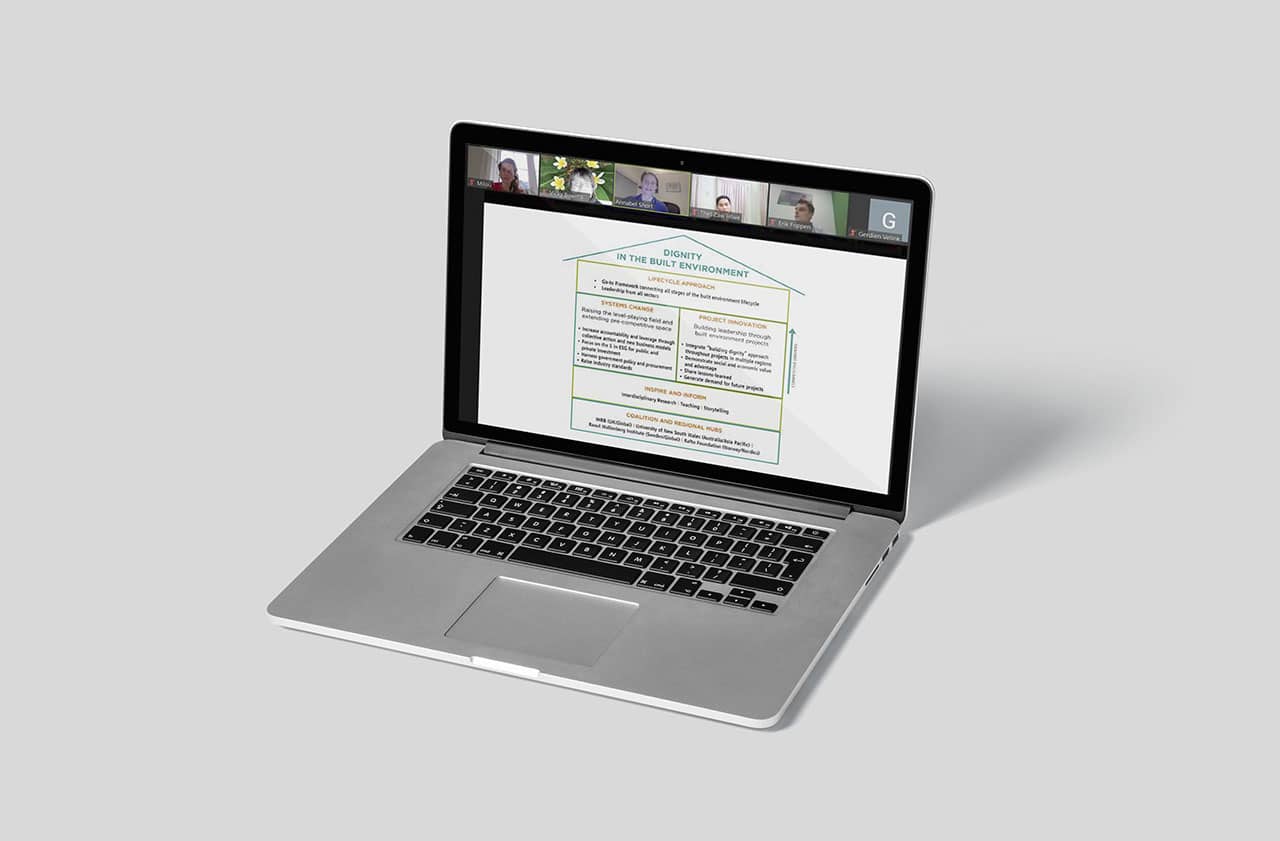Discussing ‘Dignity By Design’ in Myanmar’s Built Environment
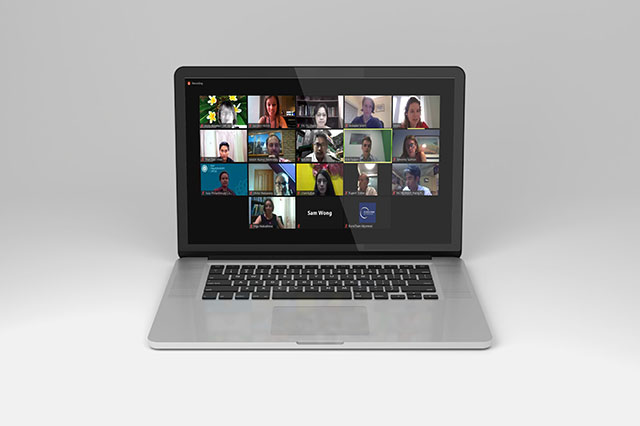
MCRB and the EuroCham Myanmar Construction and Infrastructure Advocacy Group (CIAG) held a discussion on 11 January on how the ‘Framework for Dignity in the Built Environment’ developed by MCRB’s co-founder, the Institute for Human Rights and Business (IHRB) could be used for new building projects and renovation in Myanmar. The CIAG outlined its priorities as included in EuroCham Myanmar’s August 2020 ‘White Book’.:
-
Design, material and electrical standards
-
Environmental sustainability
-
Preservation of heritage
-
Enforcing construction safety
-
Adhering to international standards in contract management
Annabel Short of the Institute for Human Rights and Business (IHRB - one of MCRB’s two co-founders) presented the Dignity by Design framework, which is intended to be applied to the full lifecycle of built environment projects. It comprises guiding questions and approaches to be followed at each stage of the lifecycle (Land-Planning & Finance-Design-Construction-Management & Use-Demolition & Redevelopment). The Framework is anchored in human rights principles with cross-reference to Sustainable Development Goals, and is designed to promote greater collaboration between actors throughout the lifecycle.
She said that IHRB aims to promote inclusion of the Dignity by Design approach in policy and regulation – echoing the EuroCham Myanmar CIAG advocacy focus on 'standardisation' – as well as in applying it practically to specific pilot projects, from which lessons can be learned. The first project, in Bergen, Norway, is underway, currently moving from initial design into the detailed design and construction phase. Findings and feedback from this initial phase include opportunities to strengthen social/human rights criteria in municipal procurement templates and the importance of design in taking end-users’ specific needs into account.
Vicky Bowman of MCRB noted that the Dignity by Design framework had particular resonance with several elements of MCRB’s work. These included disability inclusion and accessibility, ensuring land law - and its application in urban settings - protected human rights, monitoring the impacts of technology in the built environment, e.g. surveillance in ‘smart cities’ on the right to privacy, and encouraging inclusive public participation in, and transparency of, investment projects. Other relevant areas included current MCRB advocacy to include ESG criteria in the draft Myanmar public procurement law, and more generally, the need to improve transparency, and combat corruption.
Bev Salmon of social enterprise Doh Eain presented examples of their ongoing activities which were closely aligned with the Dignity by Design framework, such as heritage conservation in Yangon, financial modelling for the protection of built cultural heritage (for the Government of Italy), climate resilience for water security in Thaketa (supported by Netherlands), the Myoe Lan Tha inclusive public spaces project (part of the UK FCDO’s Global Future Cities Project), and revitalisation of the more than 100 back alleyways of Yangon (12 completed to date) through participatory design. Community involvement was always essential, and projects needed to be designed to include ongoing maintenance and management.
Chaw Kalyar of Statement Architecture+Design has been working on residential and commercial architecture projects such as the British Council Yangon teaching centre and Mandalay exam centre, Balance Fitness gyms, and heritage projects including the Tourism Burma building (with Turquoise Mountain), U Thant House restoration, Australian Ambassador’s residence and the Master Plan of Yangon University (with KNA Architects, UK).
She is also active in the Myanmar Green Building Society which proposed the green building section in the Myanmar National Building Code 2020, and has been developing the green building rating system for Myanmar. Chaw Kalyar summarized the benefits and learning to date from stakeholder consultation carried out as part of the preliminary work for a feasibility study for the revitalization of Kalaw Market (supported by Asia Philanthropy Circle). This aims to conserve the heritage value, enhance facilities and make more efficient use of space, including for community use, and make the market more environmentally friendly.
Participants discussed how the Dignity by Design framework could be useful, including the potential for identifying a first Asian Pilot Project in Myanmar, and challenges around applying good design principles, particularly to publicly-funded projects.
The speakers consolidated presentation slides:
 English
English မြန်မာ
မြန်မာ မြန်မာ (unicode)
မြန်မာ (unicode)


